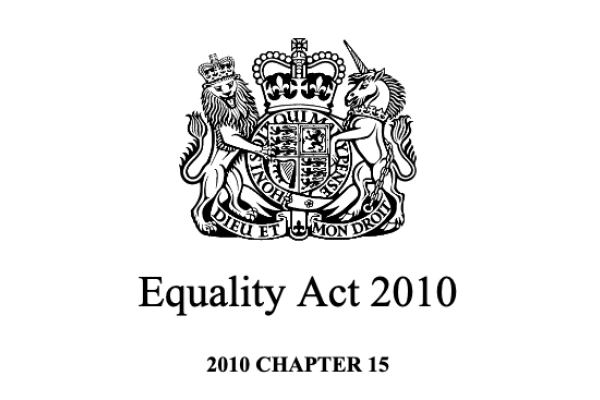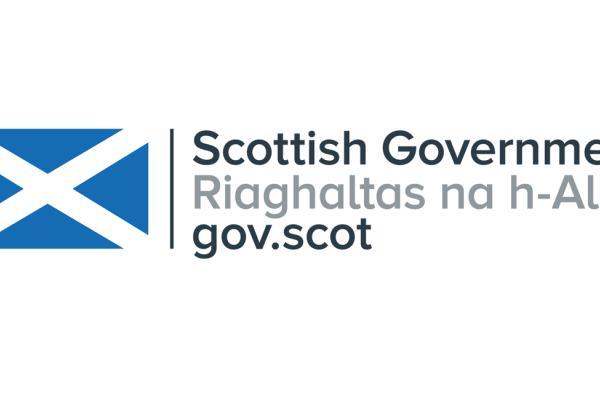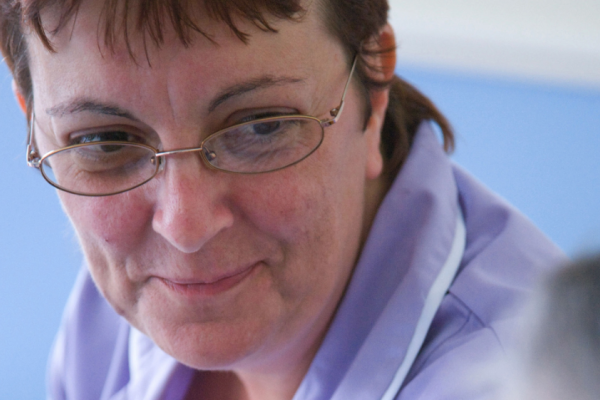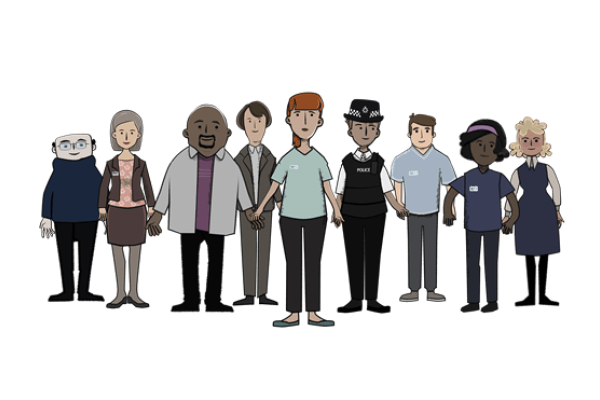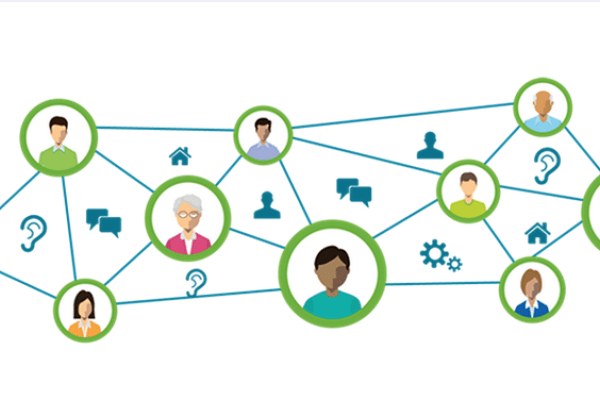Equality outcomes and mainstreaming report
This report details how the Scottish Government is mainstreaming equality across its full range of activities. There is a specific section on Adult Support and Protection (Section 19) and the guiding principles of the Adult Support and Protection (Scotland) Act 2007.

